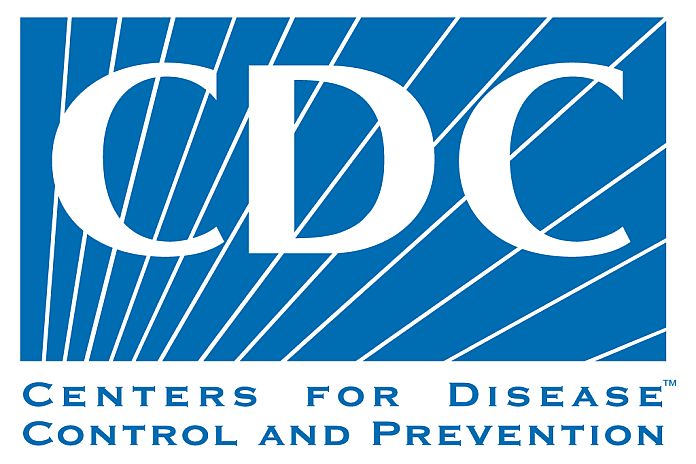NEW YORK, USA – The Centers for Disease Control and Prevention (CDC) urges residents of New York, New Jersey, and Connecticut to refrain from non-essential domestic travel for 14 days effective immediately.
This Domestic Travel Advisory does not apply to employees of critical infrastructure industries, including but not limited to trucking, public health professionals, financial services, and food supply. These employees of critical infrastructure, as defined by the Department of Homeland Security (https://www.cisa.gov/publication/guidance-essential-critical-infrastructure-workforceexternal icon) have a special responsibility to maintain normal work schedule. The Governors of New York, New Jersey, and Connecticut will have full discretion to implement this Domestic Travel Advisory.
Should I travel within the US?
CDC does not generally issue advisories or restrictions for travel within the United States. However, cases of coronavirus disease (COVID-19) have been reported in many states, and some areas are experiencing community spread of the disease. Crowded travel settings, like airports, may increase chances of getting COVID-19, if there are other travelers with coronavirus infection. There are several things you should consider when deciding whether it is safe for you to travel.
Things to consider before travel:
- Is COVID-19 spreading in the area where you’re going?
If COVID-19 is spreading at your destination, but not where you live, you may be more likely to get infected if you travel there than if you stay home. If you have questions about your destination, you should check your destination’s local health department website for more information. - Will you or your travel companion(s) be in close contact with others during your trip?
Your risk of exposure to respiratory viruses like coronavirus may increase in crowded settings, particularly closed-in settings with little air circulation. This may include settings such as conferences, public events (like concerts and sporting events), religious gatherings, public spaces (like movie theatres and shopping malls), and public transportation (like buses, metro, trains). - Are you or your travel companion(s) more likely to get severe illness if you get COVID-19?
People at higher risk for severe disease are older adults and people of any age with serious chronic medical conditions(such as heart disease, lung disease, or diabetes). CDC recommends that travelers at higher risk for COVID-19 complications avoid all cruise travel and nonessential air travel. - Do you have a plan for taking time off from work or school, in case you are told to stay home for 14 days for self-monitoring or if you get sick with COVID-19?
If you have close contact with someone with COVID-19 during travel, you may be asked to stay home to self-monitor and avoid contact with others for up to 14 days after travel. If you become sick with COVID-19, you may be unable to go to work or school until you’re considered noninfectious. You will be asked to avoid contact with others (including being in public places) during this period of infectiousness. - Do you live with someone who is older or has a serious, chronic medical condition?
If you get sick with COVID-19 upon your return from travel, your household contacts may be at risk of infection. Household contacts who are older adults or persons of any age with severe chronic medical conditionsare at higher risk for severe illness from COVID-19. - Is COVID-19 spreading where I live when I return from travel?
Consider the risk of passing COVID-19 to others during travel, particularly if you will be in close contact with people who are older adults or have severe chronic health condition These people are at higher risk of getting very sick. If your symptoms are mild or you don’t have a fever, you may not realize you are infectious.
Depending on your unique circumstances, you may choose to delay or cancel your plans. If you do decide to travel, be sure to take steps to help prevent getting and spreading COVID-19 and other respiratory diseases during travel. For the most up-to-date COVID-19 travel information, visit CDC COVID-19 Travel page.





